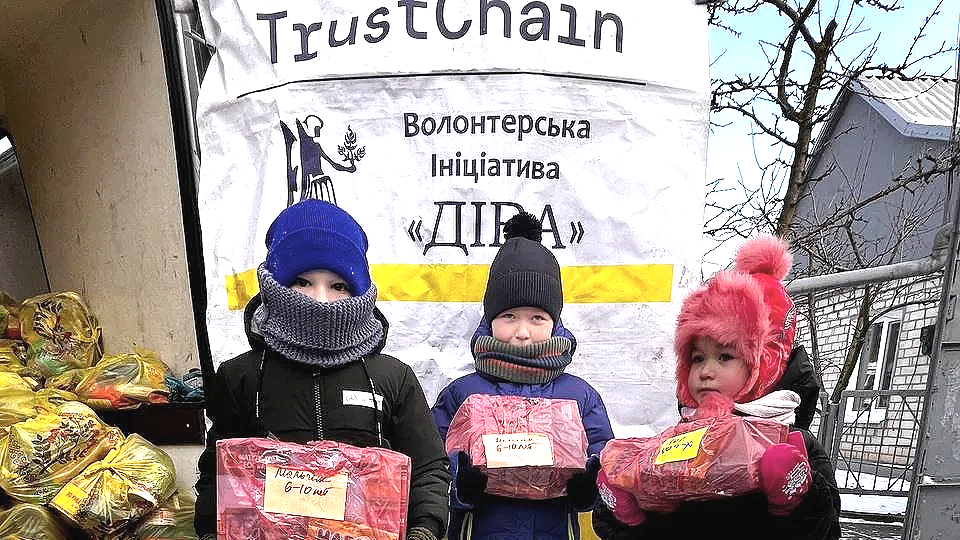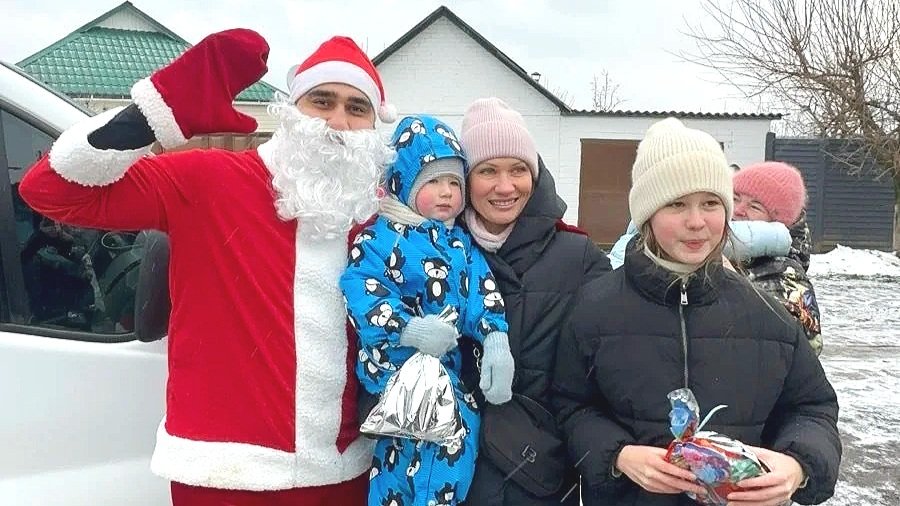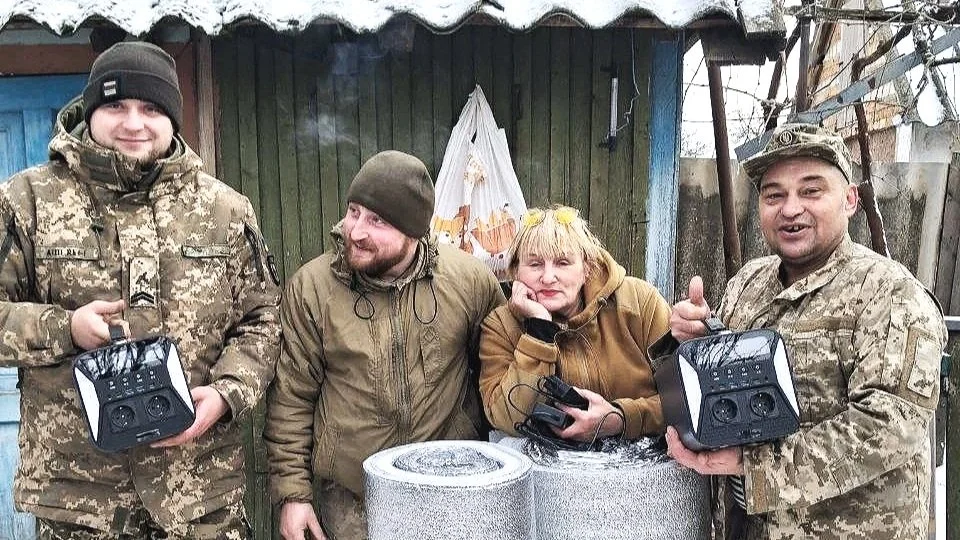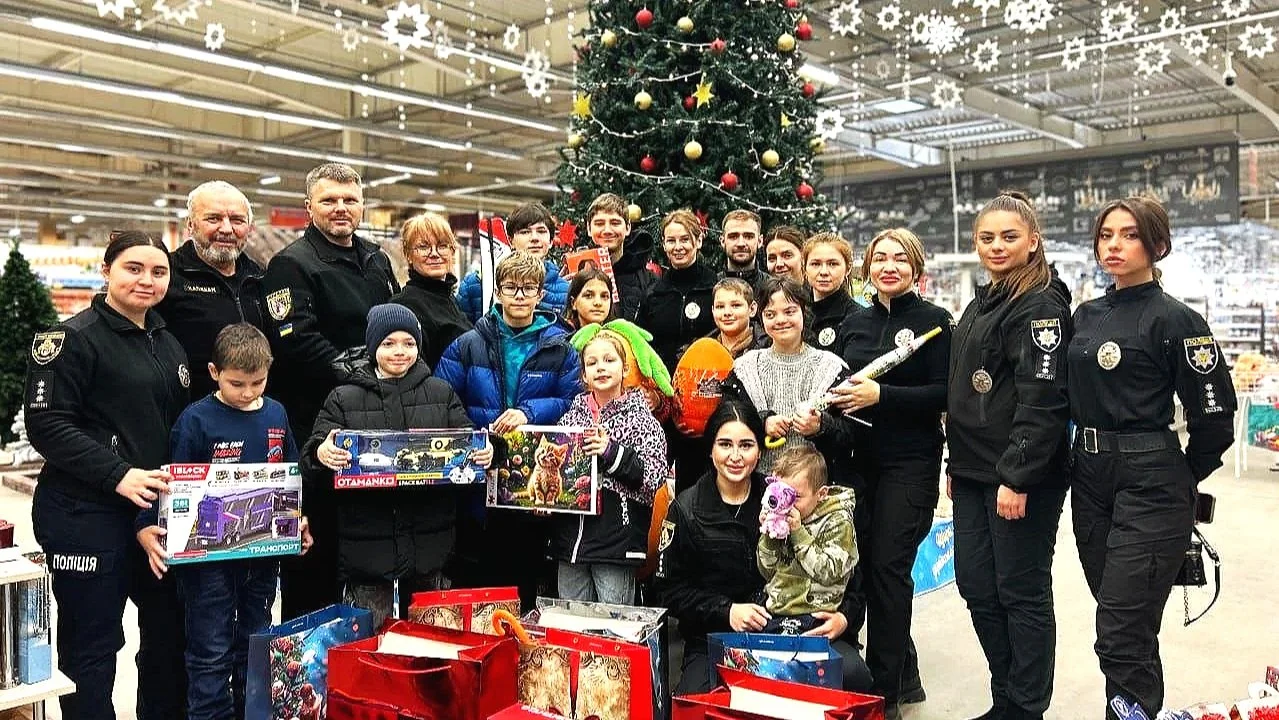We support volunteer teams and fund urgent aid and evacuations in the active war zone
Our small teams go where big international orgs can’t, to provide urgent food, medical supplies, and rides to safety. Your donation goes directly to the front lines, tonight.
69,801+ people evacuated
39.7k+ tons of aid distributed
2,158+ trips to deoccupied or frontline territories
$15.8M+ dollars deployed to help Ukrainians
$185M value of aid distributed
What we do
We fund volunteer teams in Ukraine who deliver medicine, food generators and stoves, they winterize homes, run shelters, repair homes and schools and evacuate people out of danger. Our teams provide sustained support into the areas of greatest humanitarian need - the liberated regions, frequent bombardment zones, and underserved communities of displaced people across Ukraine. We are 100% volunteer run with zero overhead expense to date.
To date our teams have directly helped more than a million people in Ukraine, including 69,801 evacuations and tens of thousands of people fed and supported weekly.
Our story
Not long after shelling began in Ukraine, Daniil got a phone call from a close friend. The surrogate mother of his friend’s twins, trapped in Kyiv, had given birth at 33 weeks. The babies were in dire need of preemie formula.
Local pharmacies were blocked by Russian gunfire. Daniil began working through the night to help coordinate the delivery of formula. Through a series of connections, he met Natalia, a real estate agent and young mother. Instead of evacuating, she stayed, narrowly escaping shelling as she drove from pharmacy to pharmacy — risking her life for a stranger’s babies. The first link of trust was established.
Today, we fund teams of war zone volunteers — including Natalia’s — connected by personal relationships, deeply established trust, and love for their communities.
Your contribution goes to work immediately
A donation now funds evacuation and humanitarian aid tonight.
How we work
We are a network of professionals (and real-life friends) stretching from Colorado, to Chicago, to Kyiv. We fund teams based in Ukraine who put donations to use on the most critical daily needs — whether it’s food for a subway bomb shelter, sleeping pads for exhausted doctors, or the evacuation of senior housing. Due to their small size and local knowledge, teams are able to enter devastated areas not accessible to large international aid organizations.










